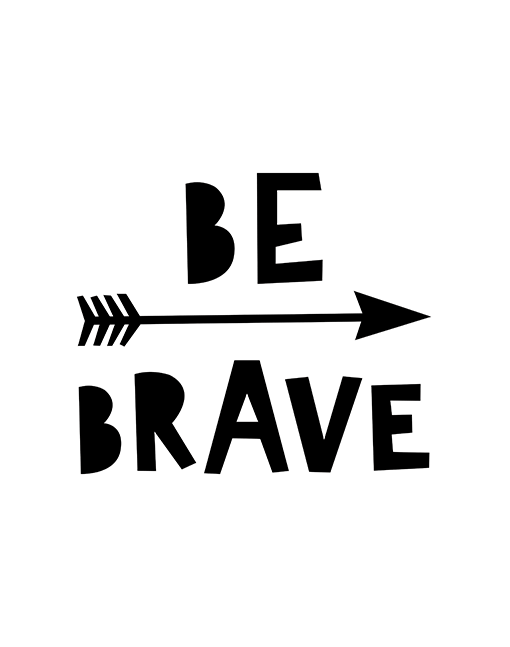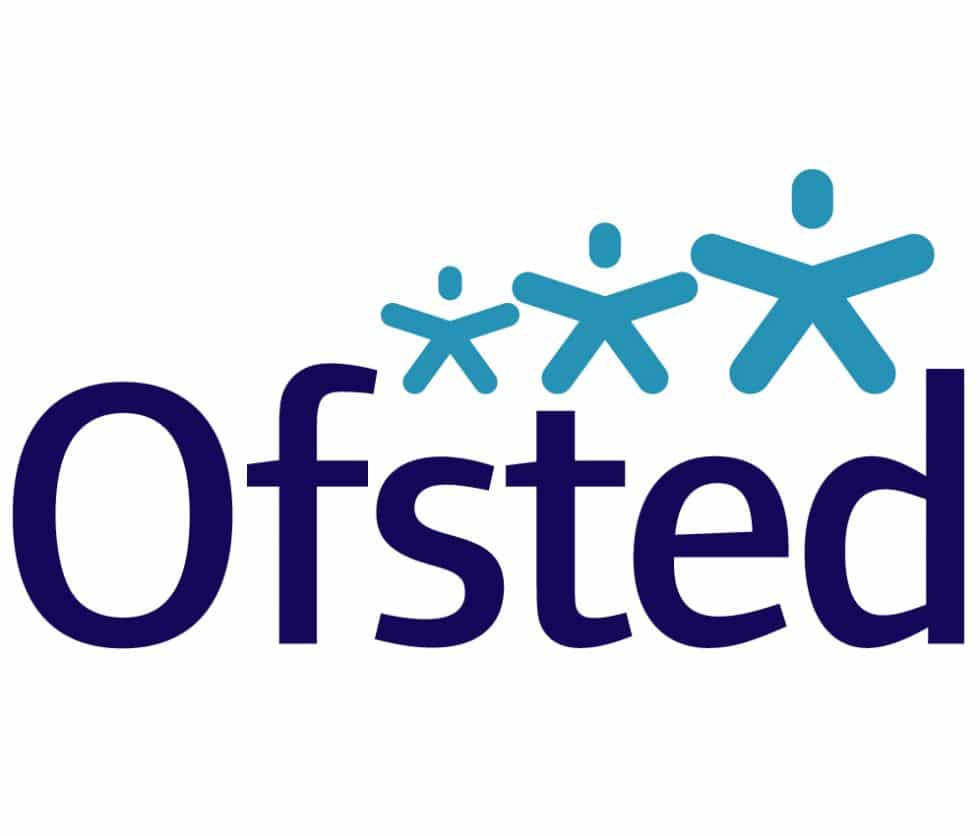I arrived on Friday evening (15 March) in a wet Bath for the Firm Foundations Conference. A wet bath was also just perfect metaphor for my life at the moment! I am currently living without a bathroom while my husband replaces our current bathroom, rebuilding the walls, plasters and doing inexplicable things with noggins, sistering and floorboards. To cap it all my hotel was opposite the BathStore!
The Conference was called Joining the Dots #firmfoundations organised by the inimitable Sue Cowley.
Hosted in the beautiful setting of the University of Bath Spa (quite a different place from the University of Bath, where I went to first!)
I knew I was speaking after Neil Leitch CEO of the Early Years Alliance who is great to follow because he always sets out the state of the sector in a clear and well-informed way. He gave some startling and rather depressing statistics. I have chosen just two, one that shows the amount of funding we received is in inverse proportion to the benefit it has for children. The other is for those of us struggling with recruiting new capable and confident staff. Things are not going well.
He then challenged me to raise the mood. When has pedagogy and cultural capital been a great subject for stand-up comedy?!
Pedagogy or leading to learn as I prefer to describe it has been of great interest to me for over ten years. My research has helped me develop the LEYF pedagogy, which is underpinned by cultural capital and delivered through our spiral curriculum. Now, Ofsted has introduced these terms in their new revised inspection framework, the whole sector needs to understand what they mean.
Pedagogy has never been a popular term in the UK but our friends in Europe are very comfortable with the word. Somehow, it seems an acceptable term when quoted by colleagues from Reggio Emilia but seems to stick like a big toffee in the mouths of us English speakers. Guys, we need to get over our anxiety and get this word to flow like Supercalifragilisticexpialidocious.
Pedagogy has four elements:
1. Your values and principles
2. Your theories of education
3. Your view of how children learn and therefore how you teach
4. The voice of the child
So, just to give an example. At LEYF, our social enterprise business model requires a social pedagogy that builds cultural and social capital through everything we do. We operate so we can fully subsidise up to 40% of our children from a disadvantaged background which therefore impacts on everything we do. The LEYF seven-dimension pedagogy is the way we lead people to learn and our spiral curriculum connects and integrates all those elements of the pedagogy. We believe that cultural capital is driven by the language and literacy and the social skills children need to operate in any situation. Therefore, our multi-layered teaching approach supports this at every level including all our planned, unplanned, routine and environment teaching activities as well as how we connect with local networks to nurture and strengthen community engagement. Finally, this is all done within a context of giving children a voice so they can be heard. This means them having their own planning meetings and being co-researchers in the LEYF action research.
My advice is to consider all of those elements when thinking about your pedagogy, whether you are a sole provider, a forest school, a beach nursery, a packaway or part of a bigger organisation. Develop a pedagogy that works for you so when the inspector calls you can explain what you do and how you do it with confidence and ease.


